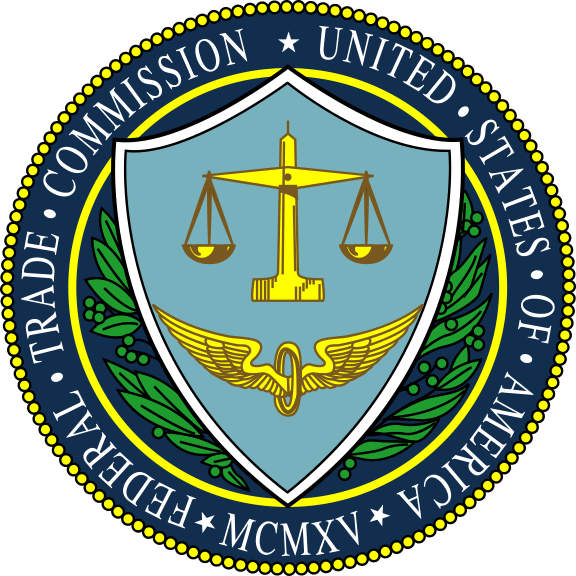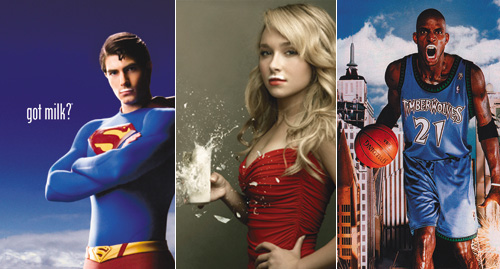 The Federal Trade Commission (FTC) has been involved in the invention promotion industry on several occasions.
The Federal Trade Commission (FTC) has been involved in the invention promotion industry on several occasions.
In 1993, the FTC charged Invention Submission Corporation (known today as InventHelp) of Pittsburgh, Pennsylvania, with misrepresenting the nature, quality, and success rate of the invention promotion services it sells to consumers for prices ranging from hundreds of dollars to a total package price of approximately $5,000. The FTC’s complaint detailing its allegations also names Western Invention Submission Corporation (WISC), Intromark Incorporated, and the parent company of all three, Technosystems Consolidated Corporation (TCC).*
In February of 1994, Invention Submission Corporation (InventHelp) agreed to pay $1.2 million for consumer redress as part of a settlement of the FTC’s charges.**
Then in 1997, the FTC filed a lawsuit called “Project Mousetrap” against 7 companies of which Davison was one of them. This was not a lawsuit from a list of angry clients or even two clients, but rather an overall sweep of the invention promotion industry.
While the entire case is public knowledge, legally documented and available to read, the article below helps to summarize the case in terms that most people can relate to.
 Milk Mustache Mistake?
Milk Mustache Mistake?
Do you remember those “milk mustache” ads? You know, where all those famous people had that funny little white line above their lip. Well, what you may not be aware of is how the dairy industry got itself into a disagreement with the Federal Trade Commission (FTC), which regulates marketing and advertising claims.
Here’s the problem: The dairy industry was showing famous, healthy people with milk mustaches and text claiming that if a person drinks milk, they can lose weight, prevent osteoporosis etc. The implication was that the text in the ad could lead you to believe that you could be healthy just like the famous people by drinking milk. Now, I don’t know about you, but I didn’t think I was going to look like these famous people by drinking milk. It was a clever ad campaign, but we all know it takes a lot more than drinking milk to be healthy or to become a super model or pro athlete.
Anyway, back in 1997, the government also had a disagreement with us over our marketing materials. The problem: The FTC claimed our materials that showed successful clients could mislead future clients into assuming they would be successful, too. Of course every idea is different, so that could never be the case; and that was definitely not our intention, but they are the government, so we paid them a bunch of money and settled. It’s over now and today we have even more disclaimers on all of our marketing materials to make sure that future clients do not simply assume the success of their idea because we’ve been successful with those of other clients.
Thank you,
George Davison

Founder
* Source: (Civil Action No. 93-0616) (FTC File No. 882 3060)
** Source: Case 5:10-cv-00074-FJS-DEP Document 20-24
